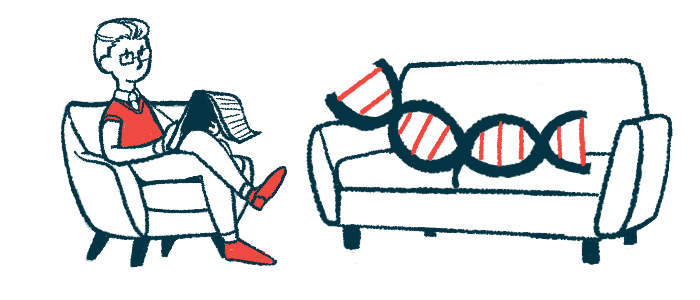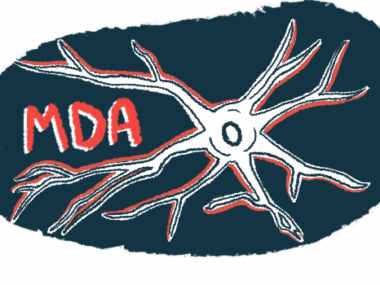New Deal Helps Move Gene Therapy ET-101 Closer to Clinical Testing
Forge Biologics to produce viral vector for Eikonoklastes' experimental therapy
Written by |

Eikonoklastes Therapeutics and Forge Biologics have announced a new partnership to advance the development of ET-101, an experimental gene therapy for amyotrophic lateral sclerosis (ALS), toward clinical trial testing.
Eikonoklastes acquired the rights to ET-101 from the University of California San Diego earlier this year. Under the partnership, Forge — a contract development and manufacturing organization focused on gene therapies — will provide development and manufacturing services to aid in the production of the viral vector used in the gene therapy.
“We are excited to advance ET-101, our novel treatment for neurodegenerative diseases, towards a first-in-human clinical trial in ALS patients,” Bruce Halpryn, PhD, chair, CEO, and co-founder of Eikonoklastes, said in a joint press release.
“Partnering our [viral vector] manufacturing with Forge will further our ability to advance into clinical trials,” Halpryn added.
ET-101 may help protect nerve cells from damage
Timothy Miller, PhD, CEO, president, and co-founder of Forge, added: “Eikonoklastes is conducting promising research into treating patients with ALS, and we are honored to work together with them during this critical phase of development to help ET-101 enter clinical trials.”
ET-101, also known as SynCav1, is designed to deliver a gene to nerve cells that provides instructions for making the protein Caveolin-1. By boosting levels of this protein, which helps to regulate nerve cell communication, ET-101 is thought to help protect nerve cells from damage and improve their functionality under disease conditions.
The investigational gene therapy has been shown to delay disease onset and extend lifespan in a mouse model of ALS associated with mutations in the SOD1 gene. Based on the compelling data, ET-101 was recently granted orphan drug designation by the U.S. Food and Drug Administration. The designation can help speed a treatment’s clinical development and review.
To deliver its genetic payload, ET-101 uses an engineered viral vector developed from adeno-associated virus (AAV). The AAV virus has been commonly used in gene therapies because it doesn’t cause disease in people and is easy to manipulate in the lab.
Under the new partnership, Forge will help in the development of the AAV vector used in ET-101.
“With their end-to-end platform supporting AAV therapies, Forge is accelerating our development to reach patients suffering from ALS,” Halpryn said.
All development and AAV manufacturing activities will take place at Forge’s facility in Ohio.
“Our primary goal is to deliver the AAV resources, scale, technology, and expertise for our partners to help patients living with diseases like ALS with no known cure,” Miller said.






